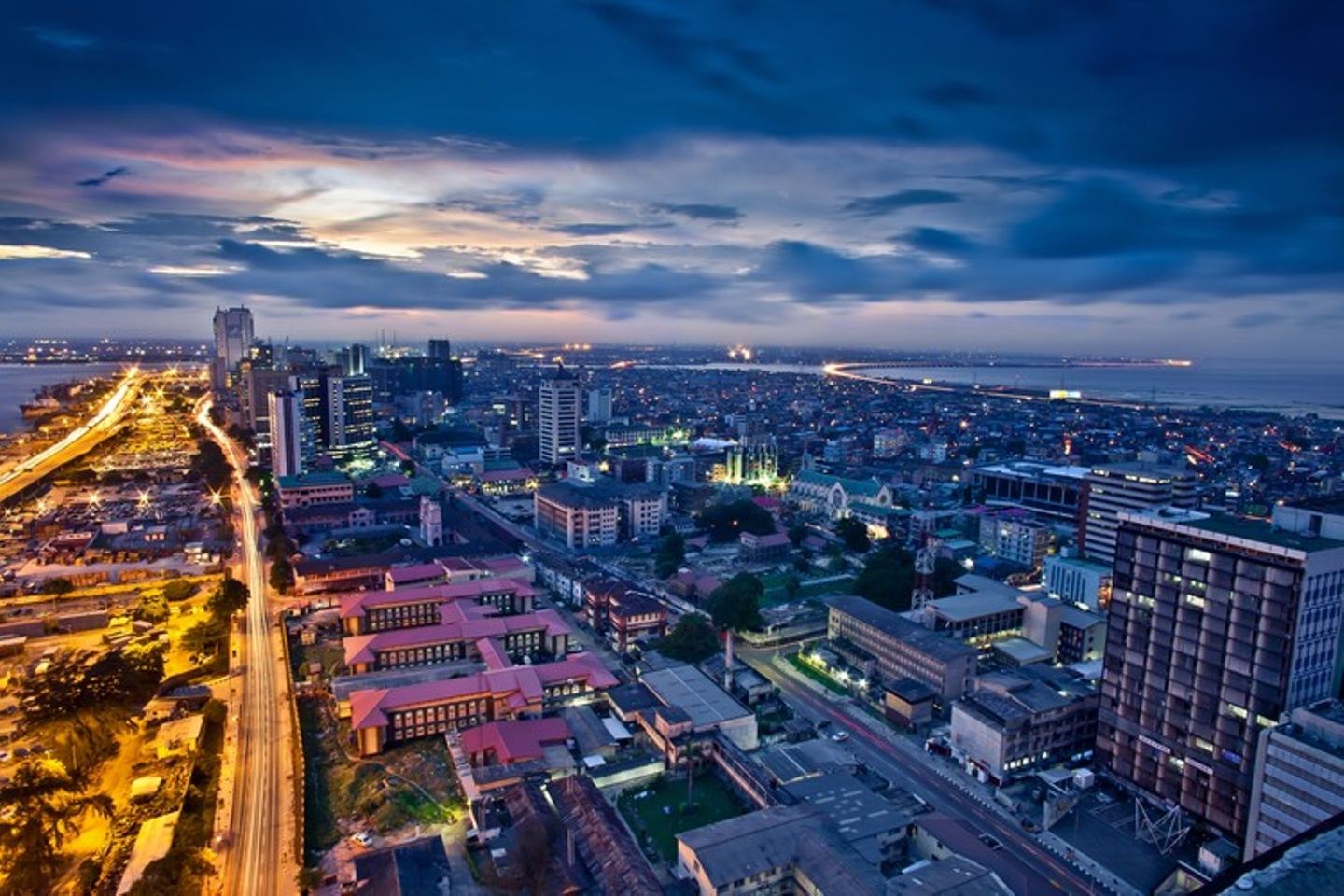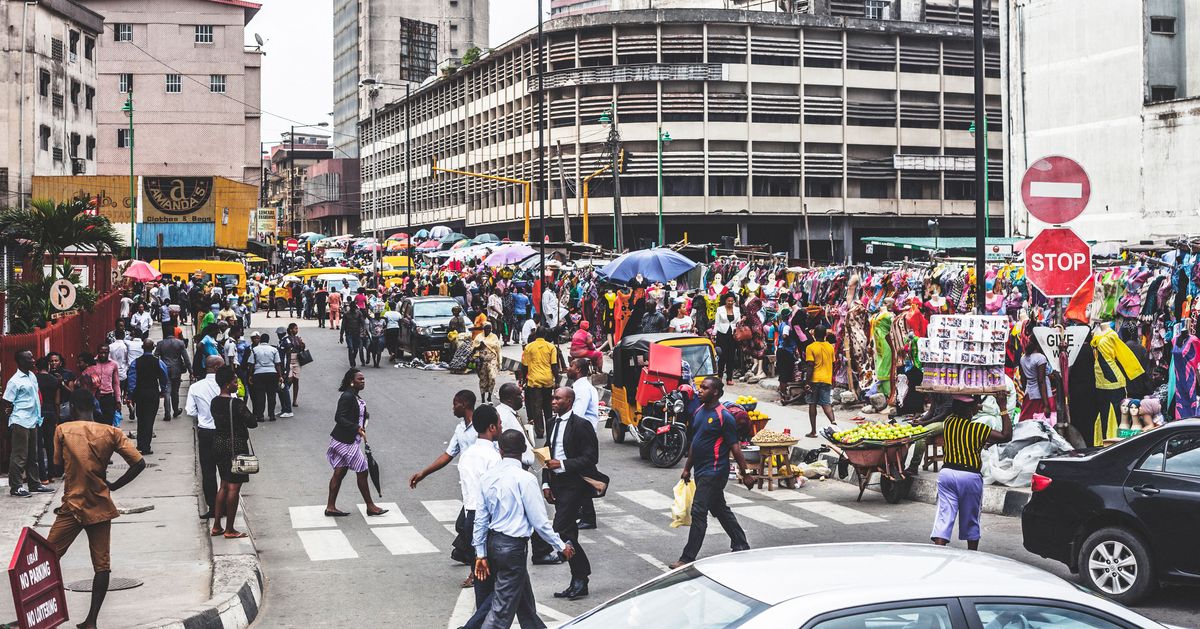Lagos, Nigeria
Nigeria’s entertainment hub – Lagos is probably the most fast-paced city you can visit in Africa. This West African city is home to gorgeous public and private beaches, museums, parks, and restaurants. Ain’t no party like a Lagos party helps you understand that Lagos’ nightlife isn’t for the faint-hearted. Visit the Lekki conservation center, and Nike art gallery and shop at the Lekki Arts and Crafts market.
Lagos, city and chief port, Lagos state, Nigeria. Until 1975 it was the capital of Lagos state, and until December 1991 it was the federal capital of Nigeria. Ikeja replaced Lagos as the state capital, and Abuja replaced Lagos as the federal capital. Lagos, however, remained the unofficial seat of many government agencies. The city’s population is centered on Lagos Island, in Lagos Lagoon, on the Bight of Benin in the Gulf of Guinea. Lagos is Nigeria’s largest city and one of the largest in sub-Saharan Africa.
By the late 15th century Lagos Island had been settled by Yoruba fishermen and hunters, who called it Oko. The area was dominated by the kingdom of Benin, which was called Eko, from the late 16th century to the mid-19th century.
The Portuguese first landed on Lagos Island in 1472. Trade developed slowly, however, until the Portuguese were granted a series of asientos de negros—monopolies to sell slaves in the Spanish Americas—a century later. The local obas (kings) enjoyed good relations with the Portuguese, who called the island Onim (and later Lagos) and established a flourishing slave trade. (See also the transatlantic slave trade.) British attempts to suppress the slave trade culminated in 1851 in a naval attack on Lagos and the deposition of the Oba. The slave trade continued, however, until Lagos came under British control in 1861.
Originally governed as a British crown colony, Lagos was part of the United Kingdom’s West African Settlements from 1866 to 1874, when it became part of the Gold Coast Colony (modern Ghana). In 1886 it again achieved separate status under a British governor, and in 1906 it was amalgamated with the Protectorate of Southern Nigeria. When Southern and Northern Nigeria were amalgamated in 1914, Lagos was made the capital of the Colony and Protectorate of Nigeria. In 1954 most of the hinterland was incorporated into the region of Western Nigeria, while the city itself was designated as a federal territory. In 1960 Lagos became the capital of independent Nigeria. Control of its hinterland was returned to the city in 1967 with the creation of Lagos state. After 1975 a new national capital, centrally situated near Abuja, was developed to replace Lagos, which by then suffered from slums, environmental pollution, and traffic congestion.
Best time to visit: November – February
Currency: Nigerian Naira
GALLERY










